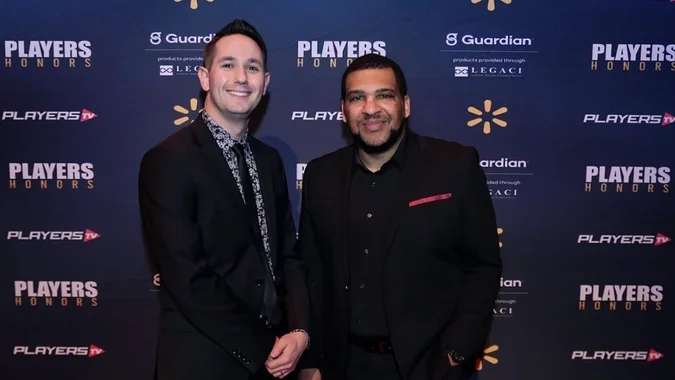“Why Cultivating Intuitive Insight Is the Key to Exceptional Decision-Making in a Data-Driven World”
In today’s rapidly evolving business landscape, what does it take to be an outstanding CEO? Of course, essential skills include experience, strategic thinking, financial acumen, and emotional intelligence in abundance. Yet, these alone don’t guarantee success. Exceptional leadership also hinges on something less tangible but profoundly impactful—intuition.
CEOs find themselves in high-pressure situations daily, needing to make the right calls quickly, especially when circumstances are ambiguous and multiple solutions are viable. In these moments, intuition is not just useful; it’s indispensable. While data-driven strategies are invaluable for comprehensive planning and decision-making, relying solely on numbers limits a leader’s ability to navigate uncharted territory. Data analysis, after all, doesn’t capture the complexity of human experience and often fails to guide leaders in time-sensitive, unpredictable scenarios. This is where intuition fills the gap, allowing CEOs to make swift, confident decisions that reflect the subtleties of both their experience and the immediate context.
The Power of Intuitive Decision-Making
There’s ample research underscoring that when CEOs harness intuition, they gain an edge across critical areas: from more effective strategic decision-making and problem-solving to refined risk assessment and hiring. Intuition enables leaders to make sound judgments and, just as importantly, prevents them from making detrimental ones.
Research among CEOs highlights two particular contexts in which intuition is transformative.
- Personal Decision-Making
Here, intuition acts as a lens through which leaders interpret data, cutting through noise to uncover signal. For instance, a CEO may feel strongly that a particular decision is right, even when data is inconclusive. This type of inner certainty often defies verbal explanation yet proves vital in moments of ambiguity.
- Facilitating Senior Team Alignment
CEOs also rely on intuition to guide team discussions, helping groups arrive at insights that transcend numerical analysis. Unlike traditional brainstorming, this approach enables senior teams to reach fresh perspectives that drive innovative, cross-functional solutions. It’s little wonder that many executives consider these intuitive team moments the most enjoyable and energizing part of their work.
Yet, despite its importance, intuition remains largely overlooked in formal business education and internal organizational training. Leaders are often well-versed in spreadsheets and analytical tools but have rarely been trained to tune into their own instincts. And intuition, like any skill, needs practice. CEOs who regularly tune into their intuition develop a reliable internal compass, ready to guide them when high-stakes situations arise.
Building Intuition: A Learnable Skill
The notion that intuition is an inborn talent is a myth. Like math, where some excel and others work steadily towards proficiency, intuition can be developed. Practicing intuitive thinking starts by creating intentional pauses to reflect on one’s gut sense. Simple actions—such as taking a moment to ask yourself, “What’s my instinct here?”—are fundamental. Capturing these intuitive thoughts in a diary or on a phone note can offer feedback on accuracy over time, reinforcing how specific, nuanced intuitions can indeed be as precise as reliable data.
The CEO’s Intuition: Beyond Data Alone
The difference intuition makes is profound, as Zak Brown, CEO of McLaren, shared during an interview for Intuition at Work:
“Intuition cuts across everything that one does, whether it’s in people management, or deal-making, or whatever the case may be. Yes, decision-making is data-driven, but then you need to add your personal experience and what your gut is telling you, because data doesn’t give you all the answers. It gives you some of the answers to make decisions from. At the end of the day, you still need to make a call.”
This ability to blend instinct with data ultimately separates the best leaders from the rest. When CEOs embrace their intuition, they bring depth to decisions, leading their organizations with a unique blend of analysis and insight. And while intuition may feel like an advantage, those who fail to harness it may find themselves left behind in an era where adaptability and foresight are paramount.
In closing, the message is clear: if you’re not using your intuition, there’s a good chance your competitors are. Don’t overlook this internal guide—embrace it, cultivate it, and let it fuel your journey as an exceptional leader.
Post Views: 79
















